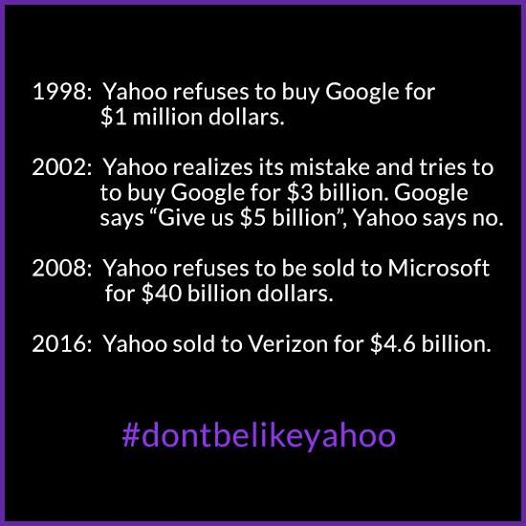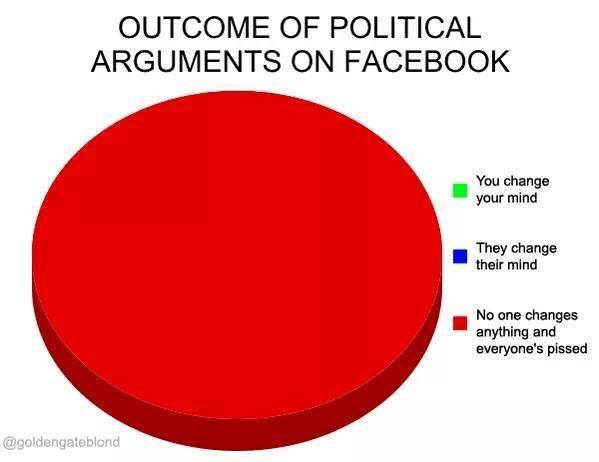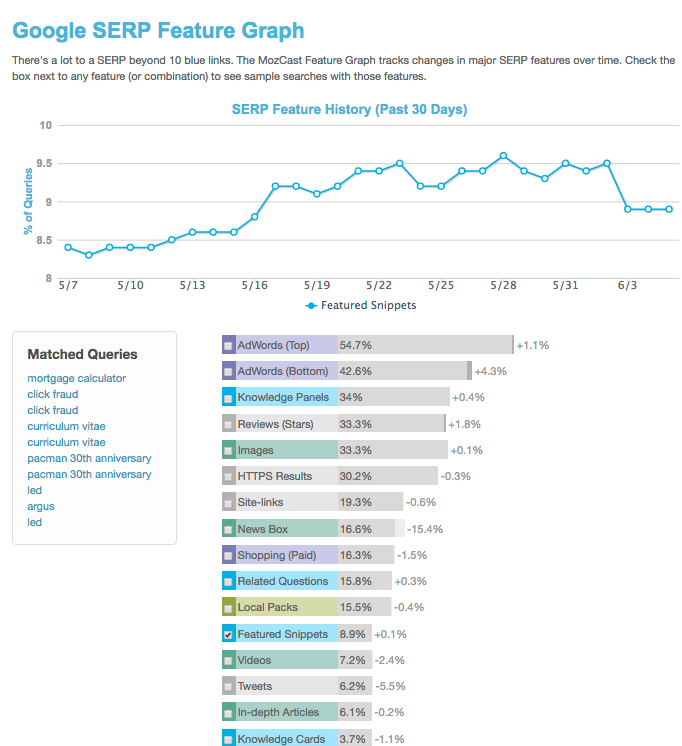SURVIVING PRISON — How to survive prison

SURVIVING PRISON — How to survive prison
Nothing can be more difficult for a prison inmate than walking into the penitentiary for the first time. I know, I was once an inmate in a Texas state prison. New prison offenders often experience extreme confusion, fear and anxiety. The cold sound of slamming bars and hollering echoes as correctional officers are escorting you to your cell. As a reformed ex-convict and son of a loving and concerned family who stood by me through out my 13 year sentence, I am inspired to share my knowledge of how to survive prison. I know there are thousands of mothers, fathers, brothers and sisters who are in desperate need of advice because they have a loved-one currently doing time in prison. You may consider printing out this article and mailing it to your incarcerated loved-one so that he or she is able to survive prison as I did.
ACCEPTING RESPONSIBILITY
Prison is what you make of it. It can serve as a beneficial learning experience or it can be a living hell. That's right; every inmate who walks into prison has a choice. An inmate can survive prison by simply following prison administration rules and respecting both officers and fellow prisoners. What every prison offender needs to understand is that you committed a crime. You offended another human being so in the eyes of society you are an offender and will be referred to as such by prison staff and officers. Nobody likes to be referred to as an "offender" but there's absolutely nothing you can do or say to change that fact, unless of coarse you are released from prison. Inmates who get angry of the way officers treat them need to realize that prison is designed to punish criminals, not pamper them. Ask yourself this question. If the life of your own brother was robbed by the hands of a killer, would you want correctional officers to baby the offender? Inmates who are blind to that reality and who expect royal treatment behind bars are either cold-blooded sociopaths or just too stupid to live. Not only do offenders like these (and there are many) make life harder on themselves by refusing to follow the direct orders of officers, but they make life a living hell for their loved-ones who worry about them. Inmates who whine, cry and complain over their situation are not ready to be released back into society. Society can not afford the risk of releasing back into the streets an adolescence-minded adult-criminal who may very well offend again. Prison officials have a place specifically for all problem offenders. Unruly offenders are housed in special maximum security pods reserved for dangerous high risk inmates. It is there where officers become the least of a stubborn inmates problems and it is there where one must now deal with dangerous adult gang members with rascal mentalities. So yes, you do have a choice!
TELL ME WHO YOUR FRIENDS ARE AND I'LL TELL YOU WHO YOU ARE
New inmates often feel the need to fit in. They seek friendship from just about anyone in prison. Choose your friends wisely. The least, the better. Mature minded convicts who mind their own business and follow administration rules are probably a new inmates best bet. Hang around convicts who keep out of trouble, who have productive hobbies or who go to religious services. Stay independent. You were born with two legs, not four or eight so theres no need to help fight your friends battles. A good friend is solid-minded enough to fight his or her own fight so if you come across an instigator who asks you to assist them in their conflict, avoid them.
IT'S ALL ABOUT RESPECT
Sometimes conflicts are inevitable, after all you are housed in an environment of convicted criminals of every kind. If you come across a situation where an other offender is giving you a hard time, try talking to him or her. Be respectful. There is absolutely nothing you need to prove so don't feed into their hostility. You are not a coward for avoiding a fight. You are in fact brave if you are able to approach the offender alone. Yes, make sure the offender is alone and calmly and respectfully explain to him or her that you have nothing against them and that you would like to apologize for anything that may have offended them. Trouble-making convicts are often egotistical so that may neutralize his or her aggression towards you. It is rare that this respectful tactic will not work. If it does not work and the offender persists, calmly walk away and avoid any eye contact with him or her. Ignore any insults and resist the urge to respond. It takes more will-power to resist a fight than it does to actually throw a punch. Walk away knowing that you are strong. You will one day be a free person after you serve your time.
HEAR NO EVIL, SEE NO EVIL AND SPEAK NO EVIL
Most, if not all prison fights start over gossip. Prison is boring so many offenders find that gossip is the next best thing to do. Avoid these offenders and their friends. Refraining from gossip may just save your life.
A STRONG BODY EQUALS A STRONG MIND
Exercise will not only keep your mind healthy, but it will make your body strong. Penitentiary bully's like to pick on the weak. You have nothing but time so release your inner frustrations with a lot of exercise. Avoid being a couch potato and avoid junk food. Eat the beans and greens on your food tray. Feed your mind, body and soul.
KNOWLEDGE IS POWER
Read, read and read. Reading informative newspapers, magazines and books will empower your mind. Not only will it take your mind out of prison but it will make your brain stronger. A strong brain knows how to deal with tough situations. A strong mind can see further and the further you see, the easier it is to avoid problems in prison. A well read mind knows that one day YOU will be free just like me, a man who did 13 years in prison. So let the gossiping prison gangsters and offender bully's keep the penetentiary they so desperatly want to control. They can have it! You will be free one day and no longer will you be referred to as an "offender". Life will be good. Trust me.

Chris Corey
CMO Markethive Inc.
Ex-Con Anonymous 1994-2007
Alan Zibluk Markethive Founding Member










 App Indexing brings in millions of additional search results for search queries on Google mobile search. This means that webpages ranking for their target keyword will have to fight of million of app pages that are optimized for their keyword as well. As if the competition is not stiff enough!
App Indexing brings in millions of additional search results for search queries on Google mobile search. This means that webpages ranking for their target keyword will have to fight of million of app pages that are optimized for their keyword as well. As if the competition is not stiff enough!

